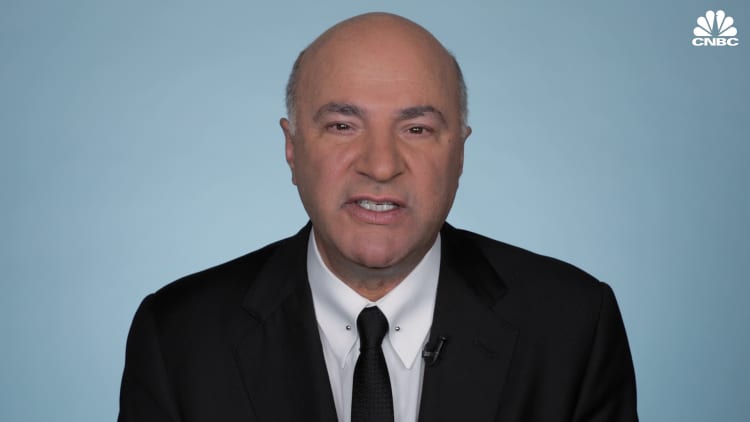We're just a little more than five months away from 2020. Crazy, isn't it?
The year has flown by — along with some major financial milestones: Jay-Z reached billionaire status, Rihanna became America's richest female musician and tech investor Robert F. Smith pledged to pay off student loans for Morehouse College's class of 2019.
Hopefully, these milestones will inspire you to take another look at your 2019 financial resolutions and see where you stand.
Here's what you need to do:
1. Review your finances
The first step is to do a run-through of your finances and get an idea of how you're doing so far.
A few essential questions to ask yourself:
- Are you on track to meeting your financial goals by the end of 2020?
- Were there any changes this year in important financial factors such as your income, bills, expenses, insurance, investments, debt and savings?
- What areas need more focus and improvement?
- What will your year-end returns be? Are you satisfied with them?
- Are you prepared for tax season?
- Are you saving enough for retirement?
2. Refine your budget plan
I've seen a lot of people create vague budget plans based on loose commitments. But now is the time to really zoom in on your spending and savings habits so you know what necessary changes need to be made.
Find out what your fixed (e.g., monthly bills on rent, mortgage, utilities) and variable expenses (e.g. groceries, entertainment, gas) are. Don't use estimated numbers — be as specific as possible so you can get a more accurate measure of your progress.
You probably won't be able to lower your fixed expenses by much, so try to focus on your variable expenses. Check your monthly credit and banking statements to see what you're spending on. Then, identify what you can eliminate or cut back on.
3. Check your credit
Request a free credit report online and review it carefully. For the most part, check for errors that need to be addressed immediately.
A few of the most common mistakes include:
- Incorrect first and last names
- Addresses you never lived at
- Employers you never worked for
- Accounts you don't recognize
- Accounts listed as open even though you already closed them
- Incorrect balances
Check your credit score, too. Lenders take credit scores seriously when deciding whether someone qualifies for a loan or good interest rate.
If you have a low credit score, but plan to take out a mortgage in the near future, figure out what you need to do to improve it before applying for a mortgage.
4. Don't forget to give
The holidays will be here before you know it, so start making your charitable, tax-deductible donations now. Keep your receipts and contribution forms organized in a folder so you'll have an easier time filing your taxes.
This is also a good time to think about what's on everyone's wish list and create your holiday budget. A lot of people get excited about year-end sales, but those deals are typically offered occasionally throughout entire year.
Getting your gifts early will allow you more time to comparison shop. Bonus: You get to skip the long lines and overwhelming crowds of shoppers when the holidays come around.
5. Take action immediately
Don't wait until January 1st, 2020 to start making changes to your financial habits. (Don't be too strict on yourself, either — it will only create unnecessary stress and disappointment.) The little steps and choices you make on a daily basis will ultimately contribute to your bottom line.
A final note: Even if you've fulfilled all — or most — of your goals, there's always room for improvement. More than a quarter of Americans have skewed perceptions of their financial health, according to a 2018 financial wellness report from Prudential. So if you're uncertain about where you stand, it might be worth getting the opinion of a financial planner.
Tiffany Aliche is the founder of The Budgetnista, a financial education firm, and Prudential's Financial Wellness Advocate. She is also the author of the best-selling book "The One Week Budget: Learn to Create Your Money Management System in 7 Days or Less" and co-host of the award-winning podcast Brown Ambition. Tiffany has been featured in The New York Times, The TODAY show, Good Morning America, CNN, TIME and U.S. News.
Like this story? Subscribe to CNBC Make It on YouTube!
Don't miss:
- What to do in your 20s, 30s and 40s if you want to retire wealthy, says money expert
- 61-year-old self-made millionaire: 4 things I regret wasting money and time on in my 20s
- Making these 8 tiny money changes can put up to $8,600 back into your savings account this year
- I retired at 34 with $3 million—here are 5 downsides of early retirement that no one tells you



